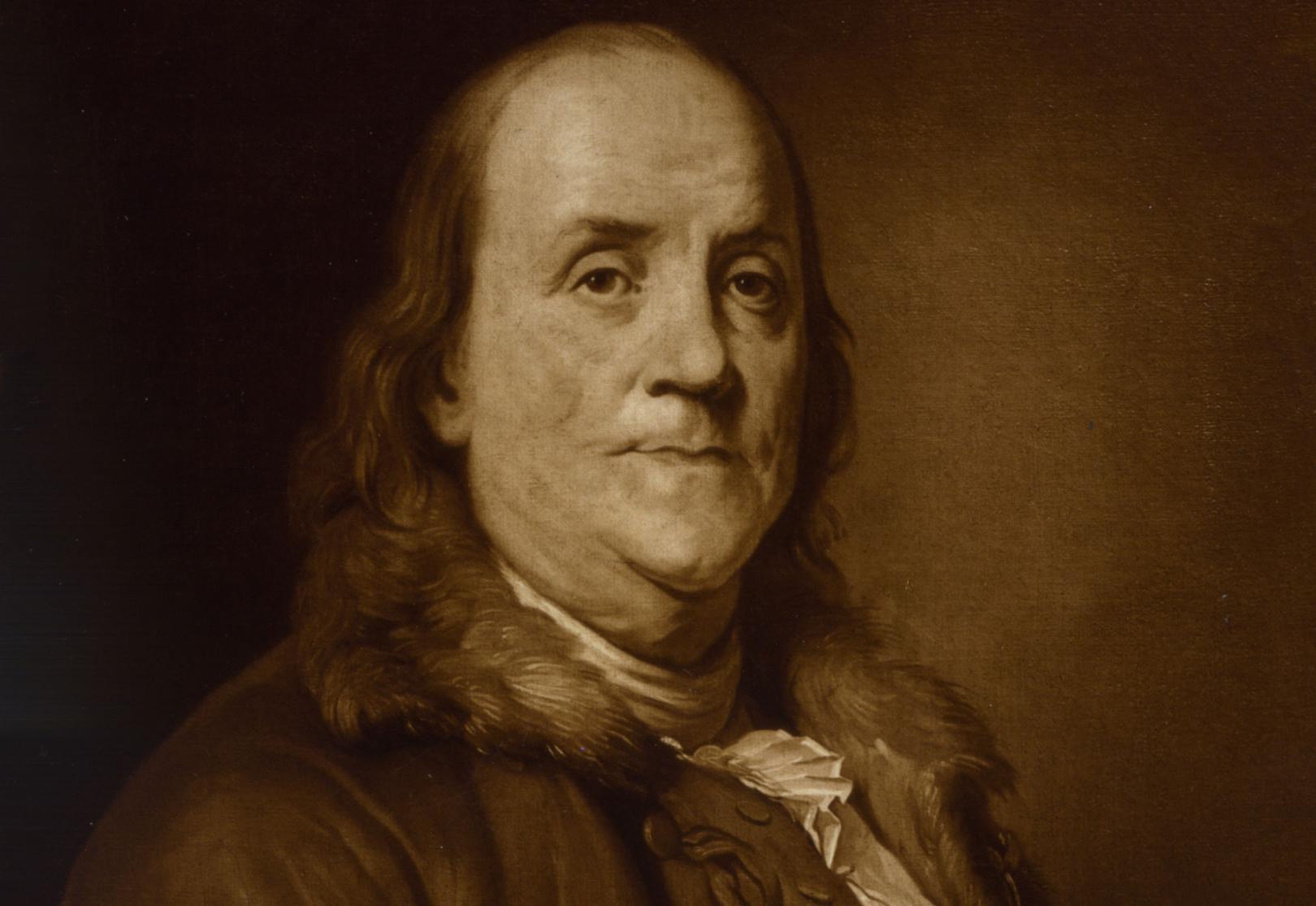
Always quick with a bon mot, Benjamin Franklin has been quoted and paraphrased endlessly. The problem? He didn’t say everything that’s been attributed to him. Here are the top misquoted and misattributed Ben Franklin sayings.
1. “A penny saved is a penny earned.”
Benjamin Franklin never actually said this, one of the adages most often attributed to him. He did, however, write in the 1737 Poor Richard’s Almanack: “A penny saved is two pence clear.”
2. “God made beer because he loves us and wants us to be happy.”
Benjamin Franklin never said this—about beer, at least. In a circa-1779 letter to the Abbé Morellet, Franklin muses on biblical mentions of wine and remarks, “Behold the rain which descends from heaven upon our vineyards; there it enters the roots of the vines, to be changed into wine; a constant proof that God loves us, and loves to see us happy.”
3. “Show me and I forget. Teach me and I remember. Involve me and I learn.”
There is no evidence that Benjamin Franklin ever said this epigram. Some scholars have attributed it to a Confucian philosopher named Xun Kuang, who lived in the fourth century B.C.
4. “A nation of well-informed men, who have been taught to know and prize the rights which God has given them, cannot be enslaved.”
This statement, referring to the importance of libraries, did not come from Franklin himself. It was part of biographical piece written by Henry Stuber and printed in the 1793 edition of Franklin’s autobiography.
5. “Freedom is not a gift bestowed upon us by other men, but a right that belongs to us by the laws of God and nature.”
The author of this quote was not Benjamin Franklin, but fellow publisher John Webbe. It appeared in an essay in Franklin’s Pennsylvania Gazette on April 1, 1736: “Thank God we are in full enjoyment of these privileges [under British rule]. But can we be taught to prize them too much? Or how can we prize them equal to their value, if we do not know their intrinsic worth, and that they are not a gift bestowed upon us by other men, but a right that belongs to us by the laws of God and nature?”
6. “Lighthouses are more useful than churches.”
Franklin never penned this statement, which is frequently attributed to him nonetheless. It’s likely that it came from a letter he wrote to his wife in July 1757, after he narrowly escaped a shipwreck off the British coast: “The bell ringing for church, we went thither immediately, and with hearts full of gratitude, returned sincere thanks to God for the mercies we had received. Were I a Roman Catholic, perhaps I should on this occasion vow to build a chapel to some saint; but as I am not, if I were to vow at all, it should be to build a light-house.”
7. “Any fool can criticize, condemn, and complain—and most fools do.”
Writer Dale Carnegie wrote this witticism in his 1936 best-seller How to Win Friends and Influence People. It follows a quote from Franklin, hence the attribution confusion.

